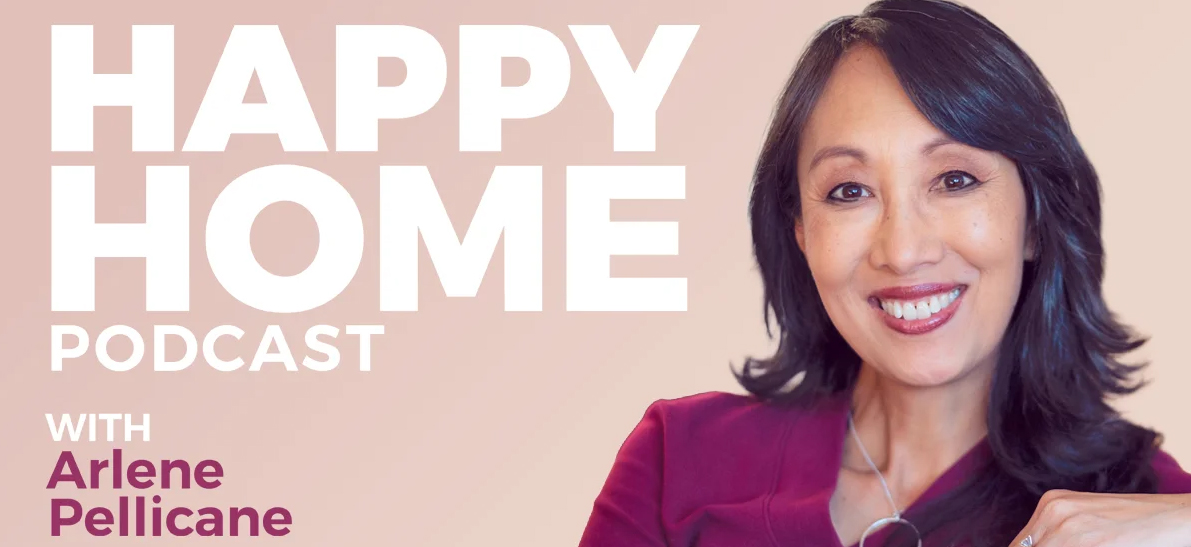Trusting God When We Face Injustice - The Crosswalk Devotional - June 13
Trusting God When We Face Injustice
By Sarah Frazer
Bible Reading:
“Hear a just cause, O LORD; attend to my cry! Give ear to my prayer from lips free of deceit!” Psalm 17:1 (ESV)
The world is filled with injustice. Just turn on the news or scroll through social media. It doesn’t take long to see all of the problems everyone faces. Everyone is going through something, and most of it is unfair.
Even as Christians, we are not immune to times when people have acted unfairly towards us. The Bible says in the New Testament that we should sometimes expect to be mistreated because we believe in Jesus as Savior. How do we trust God, whom we believe is all-powerful, when we face injustice?
Psalm 17 helps teach us how to trust God when we have been hurt by others. David is the author of Psalm 17, and this chapter is described as a prayer of David. A brief look at David’s life paints a clear picture of injustice.
David was told he would be king by God, anointed by the prophet Samuel, and for a time loved by King Saul. Throughout the first part of David’s life, Saul changed his view of David. Saul began slandering, pursuing, and attacking David. In all this, David had every reason to doubt God’s hand in his life.
Yet in Psalm 17, we read a prayer from a man who obviously still trusted God. In this psalm, we can see clearly that prayer is the key. David doesn’t go to his friends, the people in charge, or even an army. David was wronged, but he went directly to God. Not only does David cry out to God, but he also calls on God to act.
How many of us hesitate to call out to God? Maybe we struggle to believe that God is all-powerful. If God were omnipotent, couldn’t he have stopped the injustice? Or if he allowed it, doesn’t he have the power to make it right? Maybe it is because we believe that God doesn’t care. Do you think God hasn’t stepped in to make your situation fair because maybe God doesn’t love you? We might be guilty of believing both things about God, but not David.
David’s prayer cuts right to the chase. In verse 2, David says, “Let my vindication come from Your presence; Let Your eyes look on the things that are upright” (NKJV). He is saying, “God, I know you care about me, and you know what they did was wrong, so do something!”
David recognized that vengeance would not come from himself, but God would make things right! God would avenge the wrongs. Only God has the power to do so, and David truly believed God loved him.
David also tells God that he hasn’t done anything wrong. We quickly pray for forgiveness and forget that we are innocent in some situations. Being treated unjustly means that a wrong was done to us, without it being our fault. It is not prideful to tell God, “I didn’t do anything wrong!” God knows, of course, but reminding ourselves and saying it aloud to God helps to keep our hearts pure. David must have examined his heart to be able to pray, and after doing so, he declared his innocence.
The rest of the psalm is focused on David declaring who God is and what God will do and has done. This is so important when we pray! It is easy to tell God, “This is what is wrong.” We also like to tell God how we think He should punish the wicked people. But David doesn’t focus on this. Instead, David declares to God, “You will hear me, you will save, you will keep me safe from my enemies.” These are things that reflect God’s character and His actions.
Focusing our prayers on God’s character and His past and future actions helps us have peace in the present moment. David tells God to punish those who have acted wickedly against him, but then David settles in his heart that, eventually, everything will be made right. The last verse says, “As for me, I will see Your face in righteousness; I shall be satisfied when I awake in Your likeness.” (Psalm 17:15 NKJV)
Many scholars believe that David is talking about how everything will be made right when he dies. Others think he is talking about simply going to sleep at night and waking up knowing God will take care of things. Both can be true.
When we pass from this life to the next, God will make all things right. All evil will be punished, and God will be the judge. Although it is hard, and we want to judge or take matters into our own hands, we can trust God. Ultimately, we can rest in the fact that God loves us and He will punish us.
Intersecting Faith & Life:
David says in Psalm 17:6-7, “I have called upon You, for You will hear me, O God; Incline Your ear to me, and hear my speech. Show Your marvelous lovingkindness by Your right hand, O You who save those who trust in You.” Pray to God today, telling Him of your innocence and how you have been wronged. Call upon God to act and rest, knowing He will execute perfect justice.
Further Reading:
Deuteronomy 32:4
Isaiah 30:18
Romans 12:19
Photo Credit: ©Pinnacle Peak
Check out fantastic resources on Faith, Family, and Fun at Crosswalk.com!
Listen to the The Happy Home Podcast with Arlene Pellicane
A happy home doesn't happen by accident, but it can be created with love, intention, and good family habits. If you need encouragement and guidance as a parent and/or spouse, this show is for you! Arlene will help you bridge the gap between your present reality and ideal family.
Your host Arlene Pellicane is a speaker and author of several books, including Making Marriage Easier, Screen Kids and Parents Rising. She and her husband James have been married for more than 27 years and have three children.
Inside this podcast, you’ll meet some of the kindest and smartest experts when it comes to marriage and parenting. Get ready for fun, Biblical insights, and practical conversations that will change your thinking, give you hope, and spark positive change. Let's do this together!






